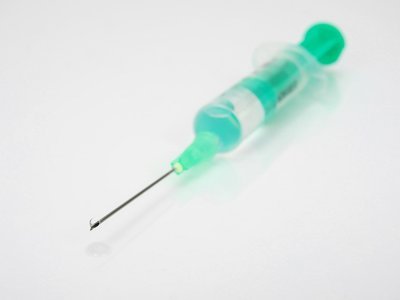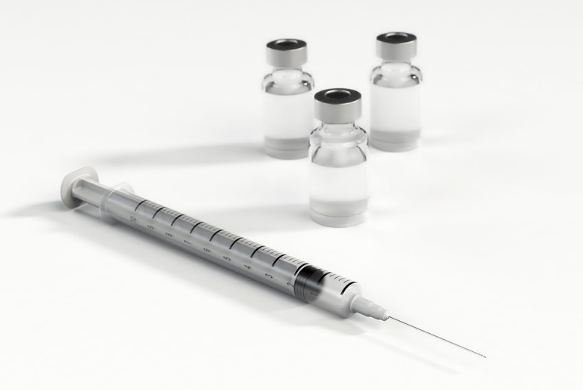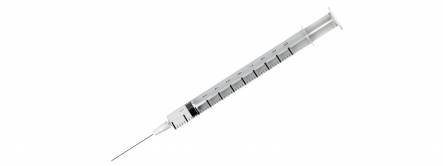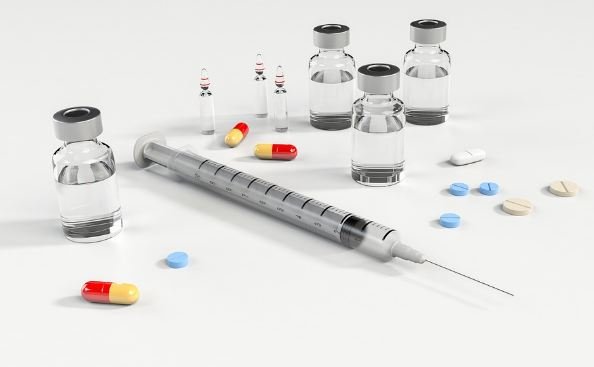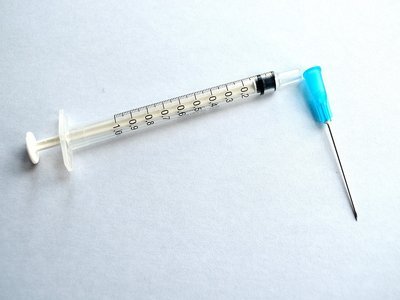Chickenpox is a common viral illness caused by the varicella-zoster virus. The virus is primarily spread through respiratory droplets from an infected person’s cough or sneeze. The illness typically starts with a fever, followed by an itchy rash that spreads all over the body.
While chickenpox is usually mild and self-limiting, it can lead to serious complications in people with weakened immune systems.
The best way to prevent chickenpox is vaccination. The chickenpox vaccine has been available in the United States since 1995 and is highly effective, preventing the illness in 70%-90% of people who receive it. Anyone who has never had chickenpox or been vaccinated should consider getting vaccinated against the disease.
However, people who are moderately to severely ill at the time of vaccination or have had an allergic reaction to a previous dose of the vaccine should avoid vaccination. [1][2]
Symptoms and Complications of Chickenpox
Chickenpox, caused by the varicella-zoster virus, is a highly contagious disease that starts with an itchy blister-like rash on the chest, back, and face, and can spread throughout the body. Other symptoms include fever, tiredness, loss of appetite, and headache. The disease can be serious in babies, adolescents, adults, pregnant women, and those with weakened immune systems. In some cases, people who recover from chickenpox can develop a painful rash called shingles later in life. Vaccination is the most effective way to prevent chickenpox.
The chickenpox vaccine is safe and effective, and it is recommended by the CDC for all children, adolescents, and adults who have never had chickenpox or were never vaccinated. While there may be some minor side effects, severe allergic reactions are rare. [3][4]
Importance of Chickenpox Vaccination
The importance of chickenpox vaccination cannot be overstated as it is highly contagious and can be life-threatening in certain individuals. Before the introduction of the vaccine, there were over 100 deaths and 11,000 cases of hospitalization annually in the United States alone. Infants, elderly individuals, and those with weakened immune systems are especially vulnerable to serious complications.
The vaccine, recommended for all children under 13 and all adolescents and adults who haven’t been vaccinated, provides more than 90% protection against the disease. Even if someone who has been vaccinated does contract chickenpox, the symptoms are much milder compared to those who haven’t been vaccinated. Vaccination not only protects oneself, but also helps protect others who cannot be vaccinated, emphasizing the importance of vaccination to maintain herd immunity. [5][6]
How Effective is the Chickenpox Vaccine?
Thepox vaccine is highly effective in preventing the disease and its complications. According to the CDC, one dose of the vaccine is 82% effective in preventing any form of varicella and nearly 100% effective against severe varicella. In pre-licensure trials, two doses of the vaccine were found to be 98% effective in preventing any form of varicella. Post-licensure studies found that two doses of the vaccine were 92% effective in preventing varicella.
The vaccine provides long-lasting immunity, with studies showing that people vaccinated against varicella had antibodies for at least 10 to 20 years after vaccination. A clinical trial also showed that children with two doses of the vaccine were protected for ten years after vaccination, with fewer breakthrough cases compared to those who received one dose. Overall, the chickenpox vaccine is highly effective in preventing the disease and its complications. [7][8]
When Should Adults Get the Chickenpox Vaccine?
The chickenpox vaccine is recommended for all adults who have not contracted the disease or have not been vaccinated. The Advisory Committee on Immunization Practices suggests that healthy individuals who have not had chickenpox should receive two doses of the vaccine between four weeks apart. It is particularly necessary for individuals with weakened immune systems, as they are more likely to develop severe complications if they contract the virus.
According to studies, the vaccine is between 70% and 90% effective and greatly reduces the risk of contracting chickenpox. If an individual is exposed to chickenpox and has not been vaccinated, administering the vaccine within three days is approximately 90% effective in preventing the disease. Overall, the chickenpox vaccine is a safe and effective way to prevent contracting and potentially spreading the virus. [9][10]
Risks Associated with the Chickenpox Vaccine
The chickenpox vaccine is a safe and effective way to protect individuals against this contagious disease. However, like all vaccines, there are some potential risks associated with receiving the chickenpox vaccine. These include mild side effects such as pain or soreness at the injection site, redness or rash at the injection site, and fever.
More serious reactions are rare but possible and can include pneumonia, infection of the brain and/or spinal cord covering, and seizures associated with fever. In individuals with serious immune system problems, the vaccine may cause a life-threatening infection. It is important to discuss any concerns with a healthcare provider before receiving the chickenpox vaccine. Ultimately, the benefits of receiving the vaccine greatly outweigh the risks of getting chickenpox. [11][12]
Side Effects of the Chickenpox Vaccine
Mild side effects like a temporary rash and pain at the site of the injection are common. Serious side effects like a severe allergic reaction are rare, occurring in around 1 in a million vaccinated individuals. Patients with severe allergies to a vaccine component, pregnant women, and individuals with weakened immune systems should not receive chickenpox vaccine. [13][14]
About the Author
Reyus Mammadli is the author of this health blog since 2008. With a background in medical and biotechnical devices, he has over 15 years of experience working with medical literature and expert guidelines from WHO, CDC, Mayo Clinic, and others. His goal is to present clear, accurate health information for everyday readers — not as a substitute for medical advice.

